
Google shares rise on 2012 results
Investors rewarded Google today, pushing shares up close to 6.5 percent soon after the opening bell and staying in that range. At 12:09 PM EST, the stock traded at $748.23, up 6.45 percent. Google opened at $735.83, up from yesterday's $702.87 close.
After the closing bell, on January 22, Google delivered fourth quarter and 2012 results that clearly satisfy someone. For the year, Google revenue reached $50.18 billion, up 32 percent from $37.9 billion in 2011. Motorola contributed $4.14 billion. Net income: $10.74 billion or $32.81 earnings per share. Average analyst consensus was $41.41 billion revenue and $39.73 earnings per share. Oh, the wiles of investors. Yearly EPS missed the Street, as it did for the quarter.

Samsung Galaxy S II finally gets a dose of Android 4.1 Jelly Bean
Ever since leaked ROMs started to surface, more than two months ago, it was obvious that Samsung was planning to officially release Android 4.1 Jelly Bean for the popular Galaxy S II smartphone. The only question at the time was: When?
At the time of writing this article Android 4.1.2 Jelly Bean, build number JZO54K, is available for the international variant of the Galaxy S II (codename "I9100") in Spain, with other European markets likely to follow in the upcoming period. The available official distribution comes hot off the press as it ships with a January 14 time-stamp.
With the latest official build, Galaxy S II owners can expect a revamped Touch Wiz skin, with design cues borrowed from the Galaxy S III and Galaxy Note II user interfaces. The most noteworthy improvements over the previous build, based on Android 4.0 Ice Cream Sandwich, include Project Butter for increased responsiveness and fluidity, redesigned lockscreen, and new widgets, as well as an updated notification bar with a higher toggle selection.

Google Q4 2012 by the numbers -- $14.42B revenue, $8.62 EPS
Today, I formally begin covering Google earnings, as I have done for Microsoft (a decade) and Apple (about six years). This first report won't be as thorough as the others, as I get my head around the financials, which share little in common with APPL and MSFT other than money. Today's earnings announcement is refreshing respite from third quarter's, when an incomplete press release pushed out early and while the market was open.
For calendar fourth quarter, revenue rose 36 percent to $14.42 billion, year over year; net revenue, excluding Traffic Acquisition Costs, was $9.83 billion, up from $8.13 billion. Net income climbed to $2.89 billion up from $2.71 billion. That's $8.62 earnings per share, including costs associated with discontinued operations. Operating income was $3.39 billion, down from $3.51 billion year over year.

The PC is dead to me, or soon will be
Later this month, I plan to jump cold feet into the next computing era by making a tablet my primary PC. I was all primed to start last year, but improved Google Chromebooks derailed the experiment. New year is here and good time for a computing resolution. Already, I made major computing platform shift in 2012 -- ARM, Android and Chrome OS. I'll write about the journey, which surely will tumultuous, at least to start.
I won't go alone. Yesterday morning, my wife asked about trading up to a larger tablet (she used the Nexus 7 I bought her in July). The request was totally unexpected. I added her as another user to my Nexus 10 and let her play around. She likes! She likes! So I ordered her the larger tablet, planning to sell the older one (and some other gear, to cover cost). The idea: We would together go tablet as main devices, with Chromebook as backup (hey, sometimes you need Flash, for example). We will share my Nexus 7, which has HSPA+ radio, to carry around when out and about (me sitting in the man chair while the women shop; she while, say, waiting for her dad at the doctor's office). But both of us will primarily use our own Nexus 10s.
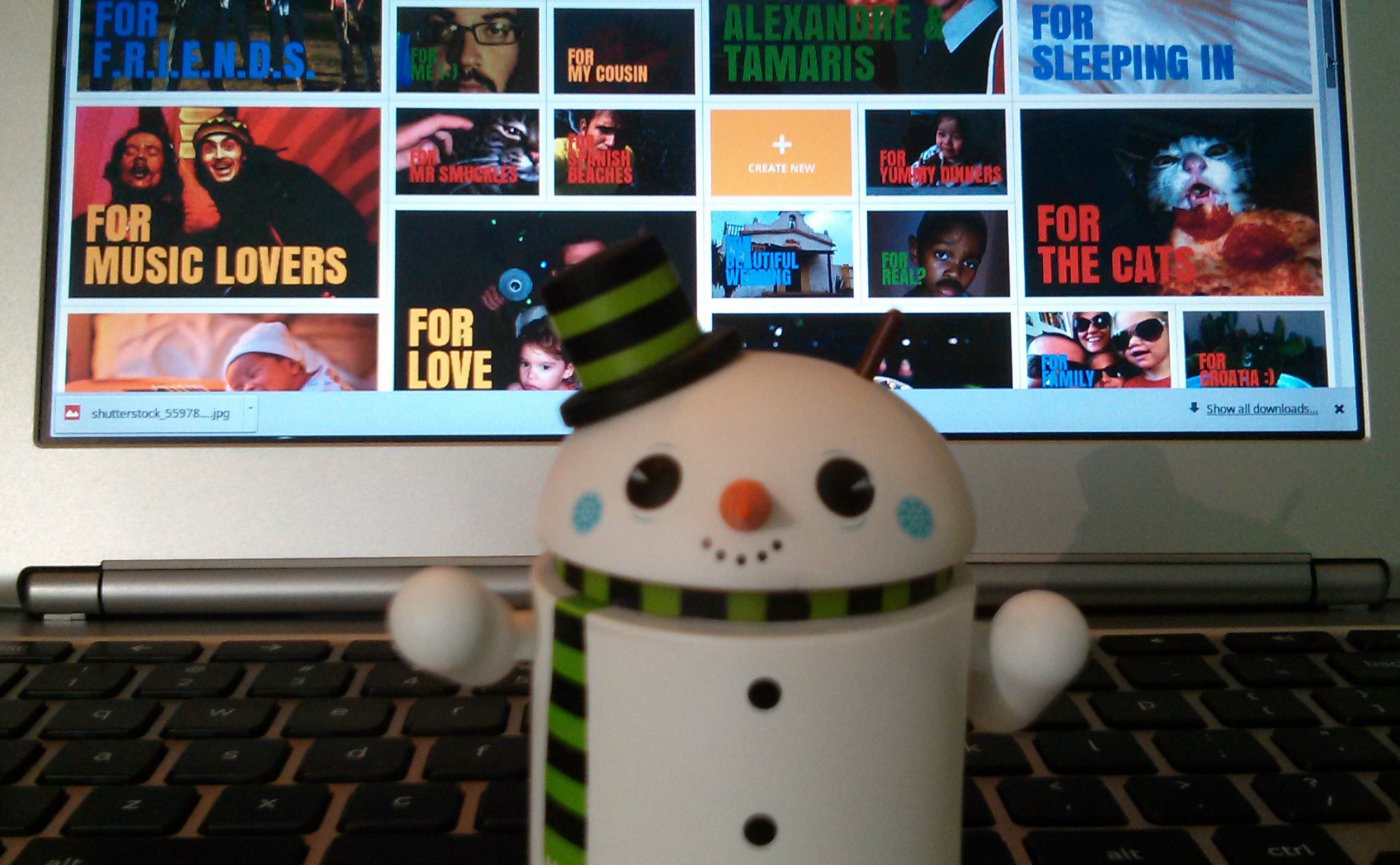
My tech life completely changed in 2012
I join colleagues Mihaita Bamburic, Alan Buckingham and Wayne Williams recounting what tech I used in 2012. But unlike them, I made dramatic platform changes, more significant than first using Windows over New Years holiday 1994, buying a reburbished PowerBook in February 1999, adopting Facebook and Twitter in 2006 or purchasing Nexus One in January 2010. Each of these marked major platform changes -- and some not always lasting. Consider this: in early 2012, I owned a 1.8GHz Intel Core i7 MacBook Air, iPhone 4S and iPad 3. I end the year using Chromebook and Android smartphone and tablets.
During the year I moved from OS X and Windows running on Intel to an ARM-and-Chrome OS laptop, and after several failed attempts at adopting tablets (three generations of iPads, really), I embraced not one but two Android slates. I store all my data in the cloud -- local storage is now merely a way station between destinations rather than personal repository. This old dog is learning new tricks, and if I make such dramatic platform changes what does that mean for younger users who are more flexible and not as financially or habitually Apple/Microsoft/Intel committed? Look around, the PC era rapidly evaporates around you and its disappearance will be difficult to ignore in 2013.
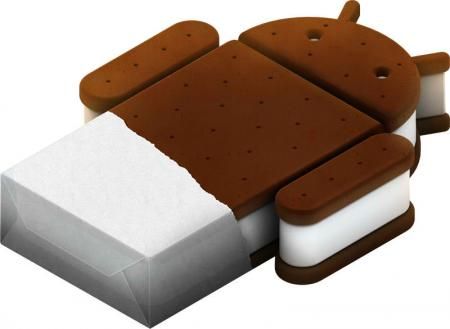
Get Google Now on Ice Cream Sandwich
People that want to try out Google's latest voice assistant on green droid devices are confined by the search giant to use either of the two Jelly Bean iterations. However, Google Now also makes its way onto Ice Cream Sandwich through third-party app GNow Handlebars.
Previous to GNow Handlebars, the process of installing Google Now onto Android 4.0 mostly involved flashing files in a custom recovery like ClockworkMod or TWRP. Now the same result can be achieved simply by opening the app and selecting the voice assistant to kick off the installation. There is also a restore option available that brings back the older Google Search, which should come in handy if something goes wrong.
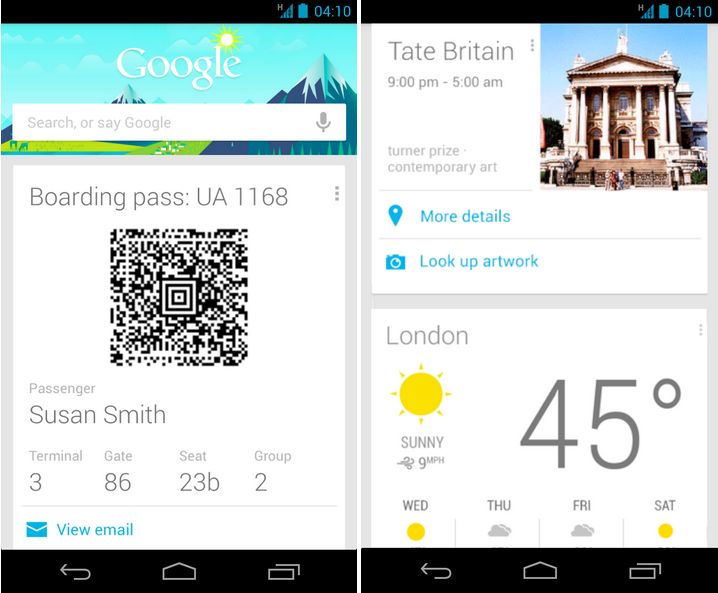
Google Now powers up with new features: dictate G+ posts, song ID, boarding passes, more
Google first introduced its Siri-like voice search Google Now in Android 4.1 (Jelly Bean). Functionality was rather limited at first, but the search giant eventually added new "cards" (data feeds on user-selected topics) and even Gmail integration. With the latest iteration released today, users can do a lot more with Google Now, including dictate Google+ posts and show United Airlines boarding passes.
Users can power up Google Now, tap on the microphone icon, say "Post to Google Plus" and then simply add their message. Automatic posting is not enabled, so users can edit and select the circles which will see the message. Another new feature is the ability to scan barcodes, which is triggered by the fairly intuitive command "Scan a barcode". Using the camera, Google Now allows users to take a picture of the item in order to display relevant product information.
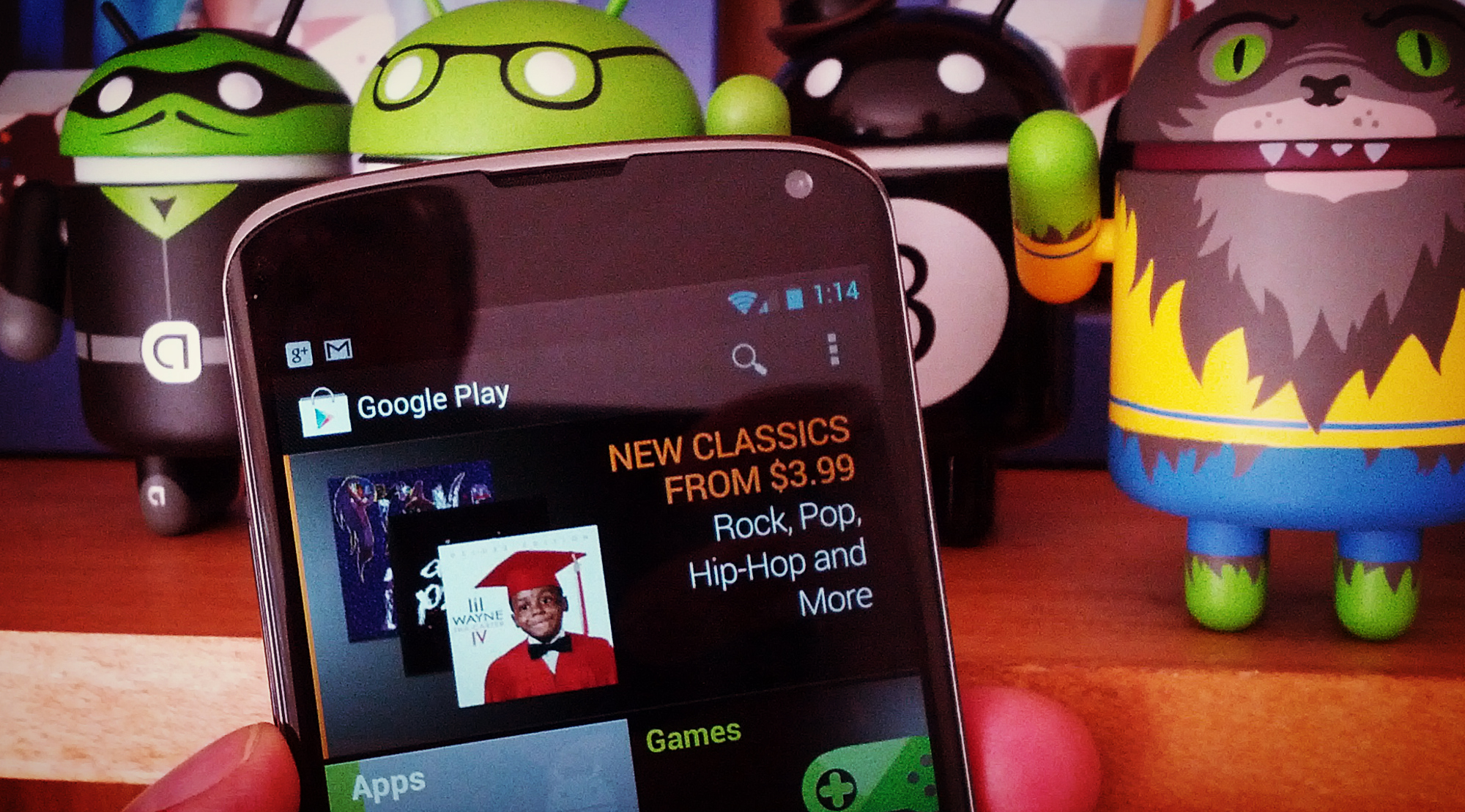
Google Nexus 4 first-impressions review
The LG-manufactured Nexus 4 is nearly perfect. Unless you have no other choice, perhaps because of unsupported cellular carrier and binding contractual commitment, put Google's newest smartphone at the top of your must-buy list. The device satisfies in all the right places -- battery life, call quality, display clarity, size and visibility, operating system and performance. There are other Androids with comparable or better hardware, but they typically slap on a secondary UI and ship with older OS. It's not the measure of one attribute, or even a couple, but many combined that make Nexus 4 so good.
But nearly isn't perfect. Nexus 4's flaws, while subtle, will be serious for some potential buyers. There is no 4G LTE, for example. The feature is built-in to the Snapdragon processor but not properly enabled. The phone is HSPA+ for data, which works on GSM carriers like AT&T and T-Mobile USA. No LTE is a deal-breaker for some people, as seen in commments here and elsewhere. Something else: LG copied Apple, which put glass on the back of iPhone 4 and 4S and rightly abandoned the design with the newest handset. Double-sided glass makes the phone less durable than should be, particularly if dropped. Finally, many Galaxy Nexus users won't find its successor to be a compelling upgrade; much depends on what they use their phones for.
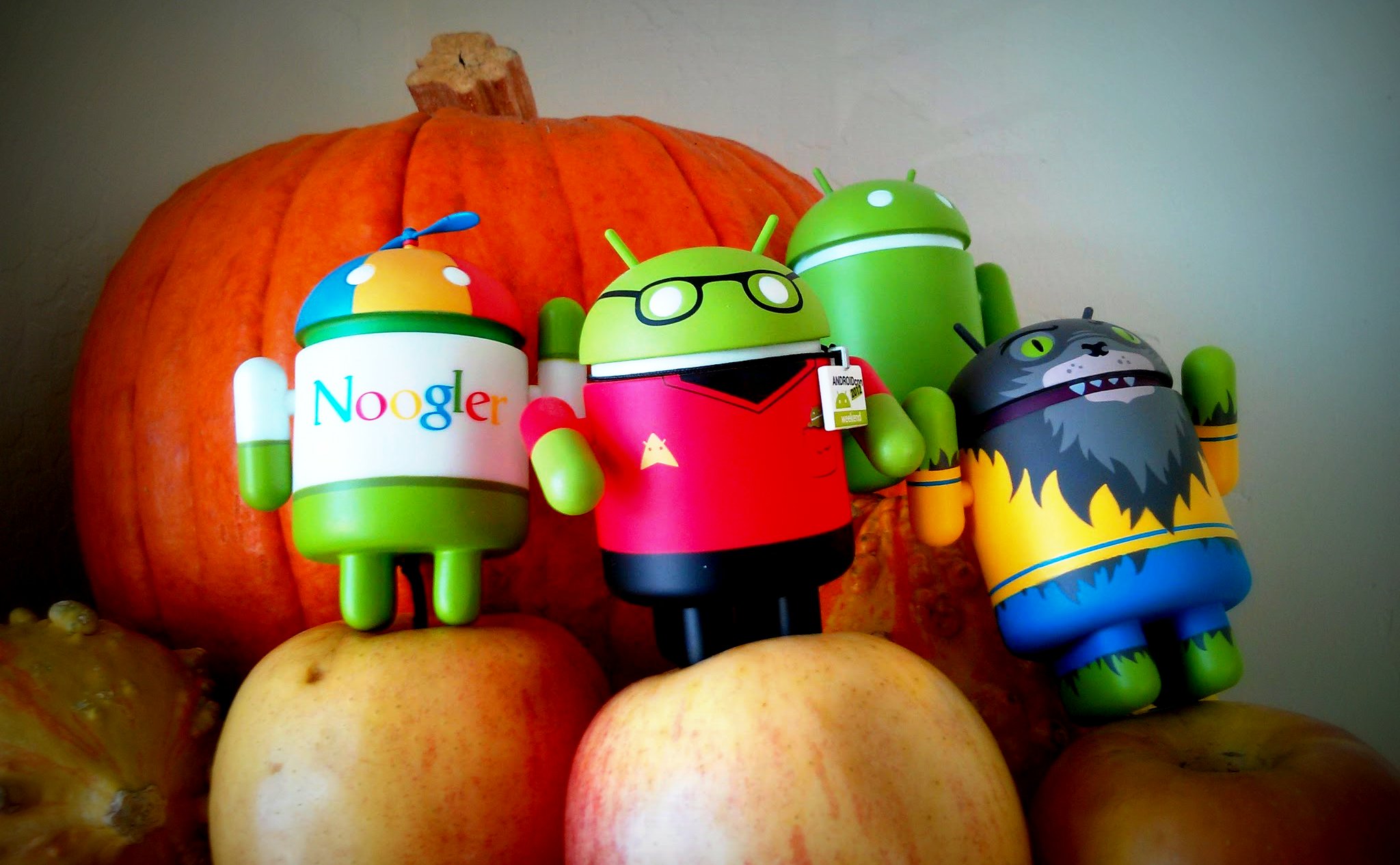
Eight things Google should be thankful for in 2012
US Thanksgiving is a time for reflection on the year behind, with plenty of time to ponder resolutions for January 1st. Yesterday, I posted about the things Microsoft should be grateful for in 2012. Today, I followed up with another, for Google. For consistency's sake, the list numbers eight, in line with Microsoft's, for which I chose to hat-tip Windows 8.
The list is by no means comprehensive, just some things that stand ahead of others -- and it is organized from least to most important. Google had a great year, perhaps the best ever. Few companies released more innovative products, affecting so many people and building such positive brand awareness.

I was wrong about Google Nexus tablet
In December 2011, I asserted: "Google Nexus tablet in six months is a year too late". The search and information giant proved me wrong. After failing to quickly respond to iPad and leaving Android leaderless, Google has recovered with a bang-up Nexus device strategy. Damn, this is my second tablet mea culpa -- the first about iPad nearly 18 months ago.
Tomorrow, Google expands the number of available Nexus screens to three, all running Android 4.2 Jelly Bean: 4.7-inch smartphone that replaces Galaxy Nexus as flagship; 7-inch tablet updated with more storage for purchase price and new 3G model added; 10.1-inch slate with higher screen resolution than iPad 4. The devices are "pure Google" and produced by LG, ASUS and Samsung, respectively. The original Nexus 7 released in July, receiving rave reviews and generating, ASUS asserts, about 1 million sales per month.

The post-PC era already is over
That was fast, if it ever was. Don't blink or the so-called PC era will pass you by. For years, I've called it the cloud-connected device era because of the deeper meaning: Context. But more appropriately, the new epoch is contextual computing, which really extends a transition underway since the World Wide Web opened to the masses about 20 years ago. During the two earlier computing eras, mainframes and PCs, location defined the user. During the contextual computing era, the user defines location. If you listen to analysts obsessed with selling services to enterprises or companies like Apple, post-PC is all about devices. It's anything but.
Context is everything today. I started writing about the concept circa 2004, borrowing from my boss of the day -- Michael Gartenberg. The concept is simple: People are satisfied with what they've got on hand. In context of the airport, a hand-held game console is good enough, while at home the person prefers Xbox and big-screen PC. But because of the cloud connected to an increasing number of mobile devices, context is a much bigger, broader and badder technology trend.
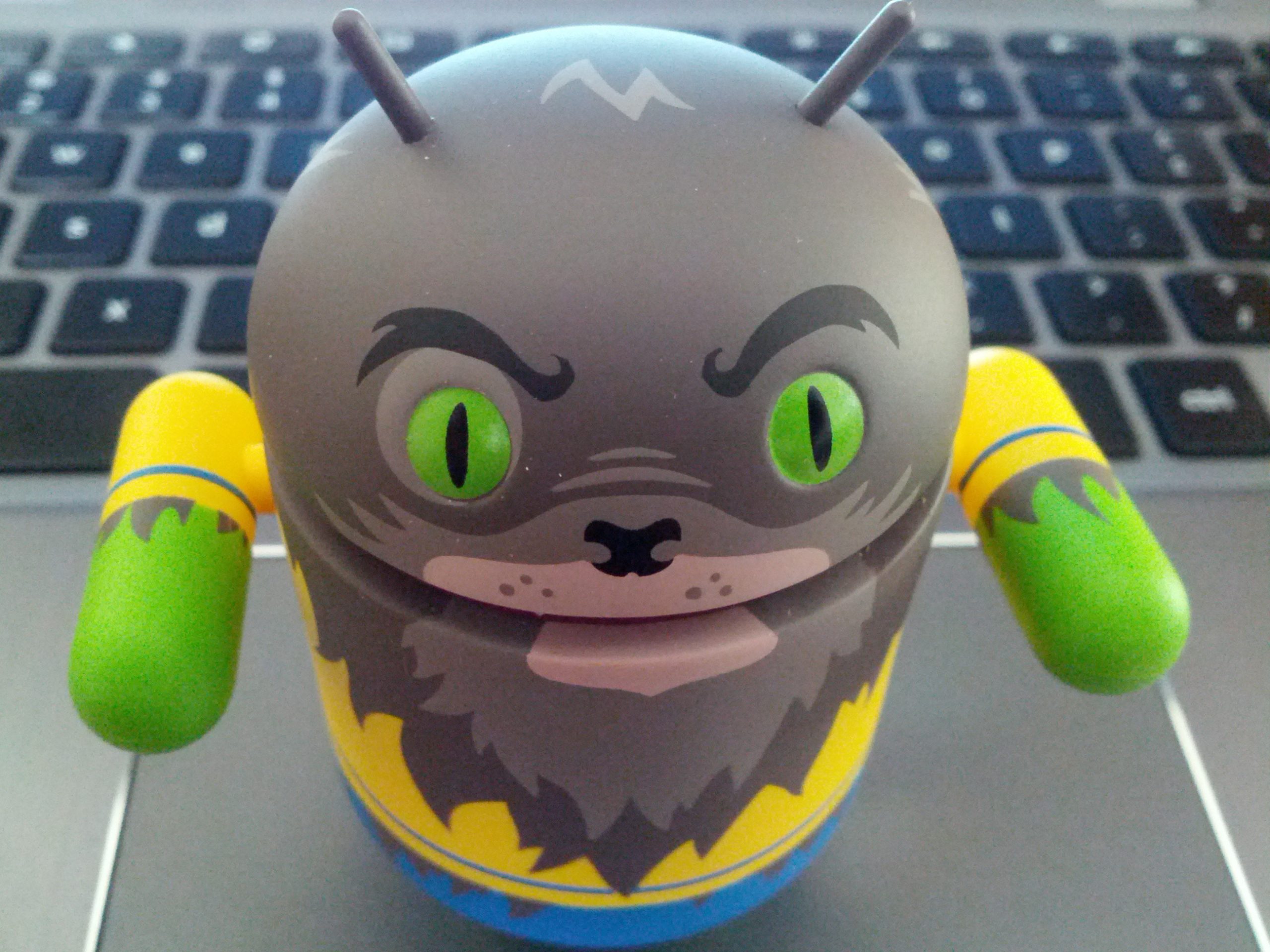
Here's what I wrote about Android on its big day four years ago
Searching through my old Microsoft Watch posts for one thing, I found another -- my Sept. 23, 2008 news analysis "How Android hurts Microsoft". I wanted to find some of my past posts about contextual computing, and you can read more about that soon. For today, this story uses the lens of the past to look at the present.
I take lots of flake from commenters, whether directly on posts or blogged by others elsewhere, about my stories. Many accuse me of idiot perspective and being clueless. But often my seemingly brash analyses at the time, peering into future implications, are generally right. If you look at the totality of my writing, there is consistency of thinking that rightly anticipates trends. Abrasive writing style, provocative headlines and forceful argument puts off some people, especially those who don't like change or embracing new ideas. Occasionally I write seemingly contradictory perspectives, trying to look a things dimensionally rather than flatly. The Microsoft Watch post is one example of many that demonstrates what I mean.

Who puts faith in Apple, who in Google
Some companies really know how to maximize marketing, and drive up their share price in the process. In March, Apple used a countdown clock to boast about 25 billion App Store downloads. Google's mobile store reached the same number this week, announced with little fanfare today.
Apple shares traded for about $531 then, but rose sharply following the app milestone and thereafter fairly consistently in the wake of a series of well-marketing managed announcements or product releases, topping $700 this month. There are daily reports across the InterWebs about record share price. Meanwhile, more meager marketer Google, which share price also flies record high this month -- above Apple, at $764.89 peak -- is largely ignored. Perhaps pro-Apple bias contributes to the silence? Whatever, Google has big numbers of its own.
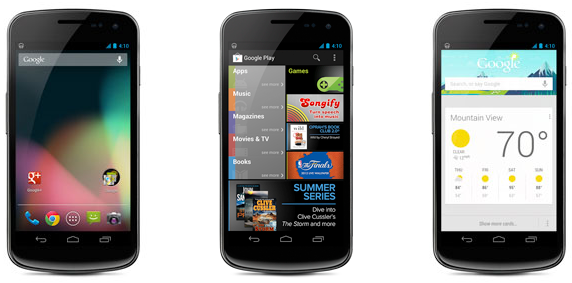
Google releases Android 4.1 Jelly Bean
Early this evening, EDT, Google started dispatching Jelly Bean to Galaxy Nexus HSPA+. Phone sales also resumed at Google Play, for $349 -- or $50 less than what I paid about two months ago. At Google+, Brian Medeiros asks the right question: "Who else is hitting the 'Check Now' on their Galaxy Nexus non-stop to get the Jelly Bean?" I did on my phone and my wife's. No enchilada.
Google's Nexus Google+ account posted at 7:07 pm: "The rollout of Android 4.1, Jelly Bean, begins today, starting with Galaxy Nexus HSPA+ devices...If you’ve got a Galaxy Nexus HSPA+ device, you will receive a prompt alerting you to the update over the next several days". Please folks, don't become hamsters in the wheel constantly pressing "Check Now".
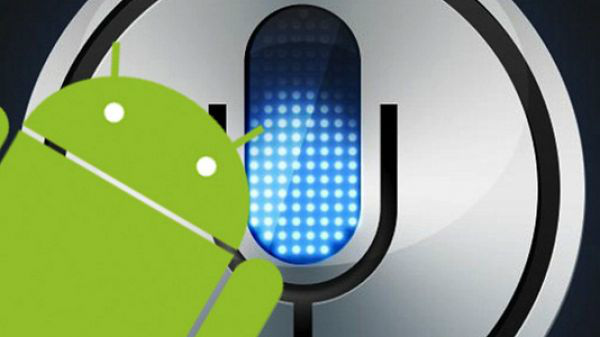
Google Jelly Bean smokes Apple Siri
A week has passed since I started up my Google I/O-issue Galaxy Nexus and updated to Android 4.1 (aka Jelly Bean). Since then, my daughter and I faced off Google's Voice Assistant against Siri (on her iPhone 4S). The results aren't surprising. Google's depth as a search provider proves its wherewithal against Apple, which calls Siri a personal assistant. But Jelly Bean's feature, used alongside Google Now, is every bit more and every bit what a digital assistant should be. Siri sucks even more, by comparison.
I will be absolutely clear: Together, Voice Assistant and Google Now represent a watershed development, living up to what Apple promises with Siri. Google has successfully presented its depth of search in a truly meaningful manner -- one that can change how people interact with mobile devices. If execution improves over time, particularly as Google Now learns personal habits, these innovations could be as important to the search giant as the development of its algorithm.
